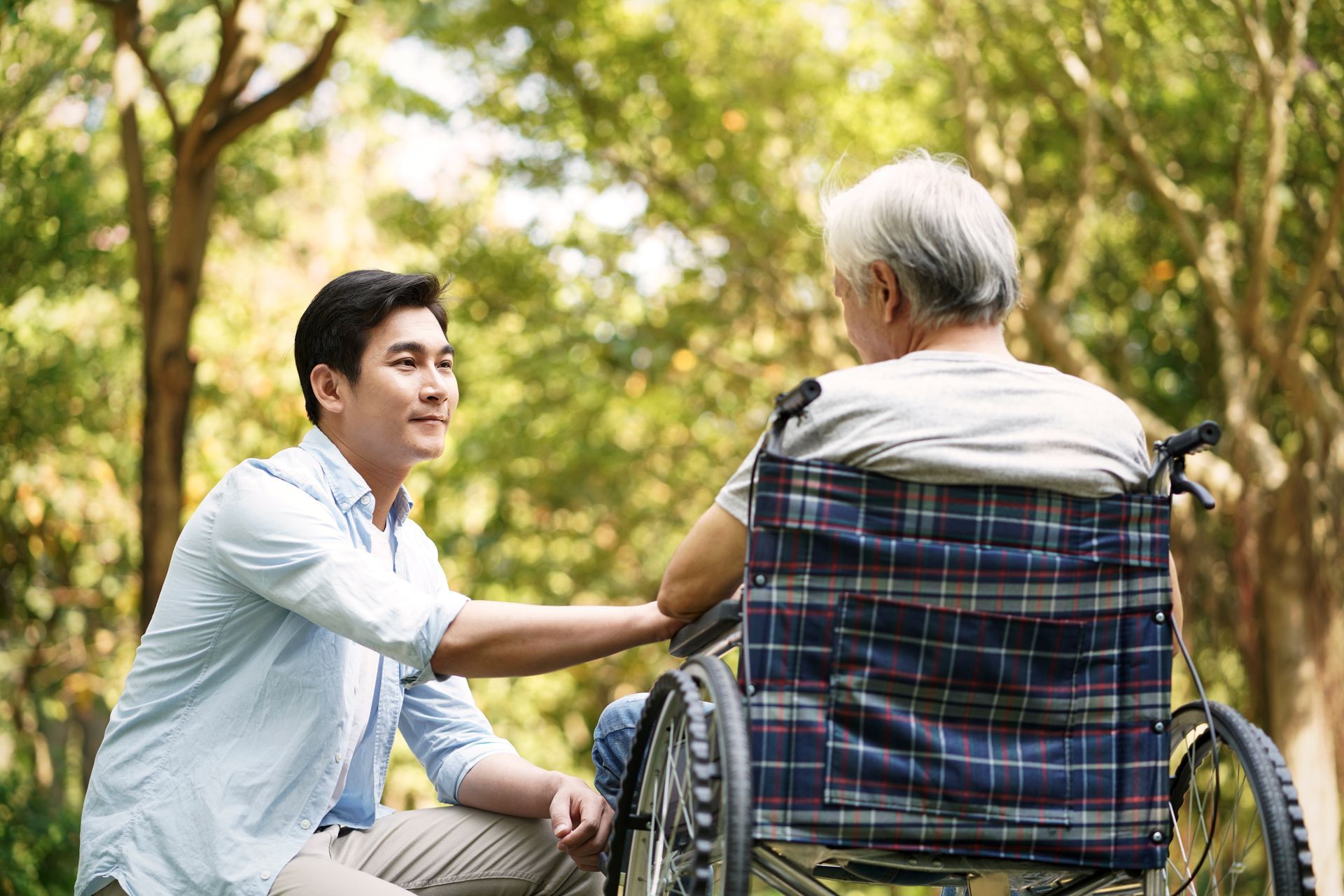Care for the Caregiver: Taking Care of Yourself

Over time, many people find themselves in the role of a caregiver for their elderly parents. While this journey is one of compassion and love, it can also be overwhelming and demanding, often leaving caregivers feeling physically and emotionally drained. Amidst the responsibilities and challenges, it's crucial not to forget about your own well-being. In this blog, we will explore the importance of self-care for those caring for elderly parents and offer practical tips to nurture yourself as well.
Acknowledge Your Emotions
Being a caregiver can evoke a myriad of emotions, ranging from joy and fulfillment to frustration and guilt. It's essential to recognize and accept these feelings as a normal part of the caregiving journey. Seek support from friends, family, or support groups to vent, share experiences, and gain valuable insights. Remember, you are not alone in this journey, and your emotions matter as much as anyone else's.
Prioritize Your Health
Caring for yourself is not selfish; it's necessary. Ensure that you maintain regular check-ups, eat nutritious meals, and engage in physical activity to keep yourself healthy. Lack of self-care can lead to burnout, making you less effective in providing care for your elderly parents. Remember the saying, "You can't pour from an empty cup."

Set Realistic Boundaries
The role of a caregiver can often blur the lines between personal and caregiving life. It's crucial to set realistic boundaries to avoid overwhelming yourself. Communicate openly with your family and establish a caregiving schedule that allows you to take breaks and spend time on your hobbies and interests. These moments of respite are essential for recharging your energy and maintaining a balanced life.
Engage in Stress-Relieving Activities
Discover activities that help you unwind and reduce stress. Whether it's practicing meditation, yoga, reading, or spending time in nature, find what brings you inner peace and make time for it regularly. Engaging in these activities will not only reduce stress but also enhance your ability to cope with the challenges of caregiving.
Educate Yourself
Understanding the health conditions and needs of your elderly parents is essential for providing effective care. Educate yourself about their specific conditions, available treatments, and any potential complications. This knowledge will not only help you make informed decisions but also empower you in your role as a caregiver.

Seek Elderly Care
Don't hesitate to seek professional care services, whether it be short term or long-term. Respite care provides short-term relief for caregivers, allowing you to take some time for yourself without compromising the well-being of your elderly parents. You can utilize this option to recharge, relax, and rejuvenate.
Long-term care is also an option that can ensure your loved one is receiving the attention and care they need. Many people may feel a sense of shame or guilt about seeking extra help from elderly care facilities or agencies. While understandable, it is important to remember that professional caregivers are there to meet your loved one’s needs and enrich their lives.
Caring for elderly parents can come with its share of challenges. Taking care of yourself is not a luxury; it is a necessity. Embrace self-care as an integral part of the caregiving journey, and remember that by nurturing yourself, you will be better equipped to provide the love and care your elderly parents need.
If you find that you or your loved one would benefit from professional elder care, contact us for a free consultation. Our staff is happy to design a personalized care plan based not only on your loved one’s needs, but your needs as well.



